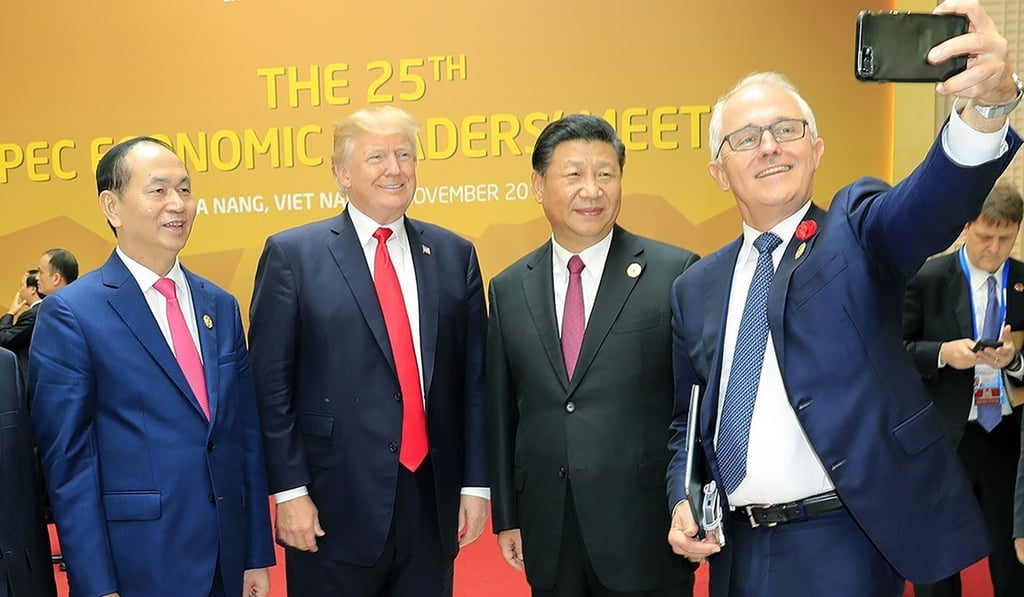Quick Take | China’s fallout with Australia: the tip of the iceberg?
Power abhors a vacuum. And China is increasingly stepping into the gap in the world economic order

As Beijing’s influence in the global economy grows and Washington’s clout recedes under its “America First” policy, political fallouts similar to that between China and Australia are to be expected.
Its growing influence comes as the Trump administration is losing its focus on the multilateral trading and economic order. Unlike the previous Obama administration, which promoted a “pivot to Asia”, the United States today is questioning its role in international organisations such as the World Trade Organisation, creating a gap in global economic leadership.

Building railways and investing in the energy sector involve negotiating licences and agreements, which naturally means that China will want to impose its own terms for such investment while the recipient country wishes to maximise its own benefits. For instance, in Kenya, where China is building a major railroad extension, China’s agreement is to hire 70 per cent locals, the rest, Chinese.
